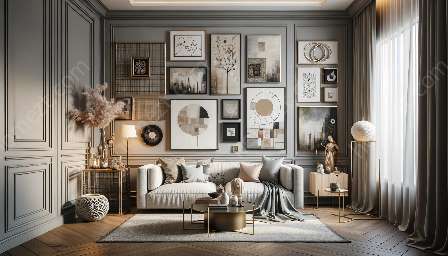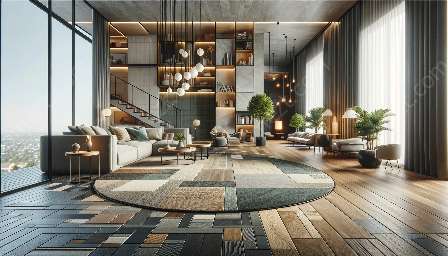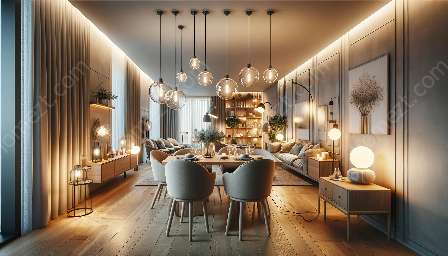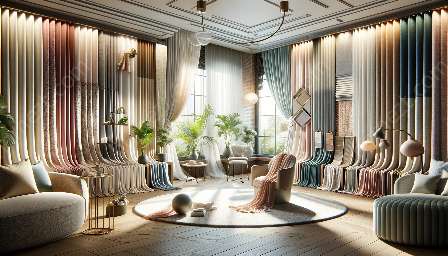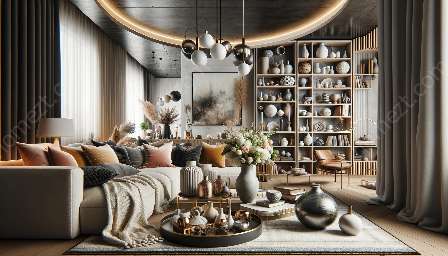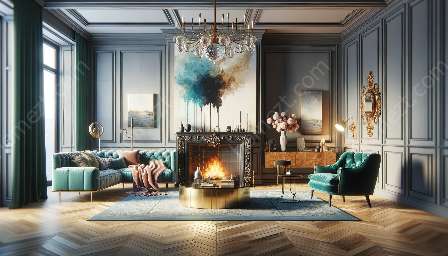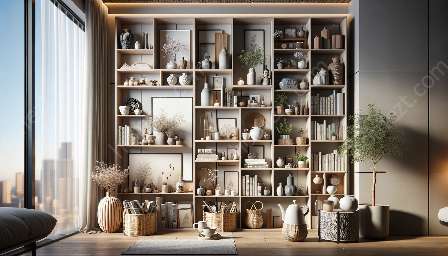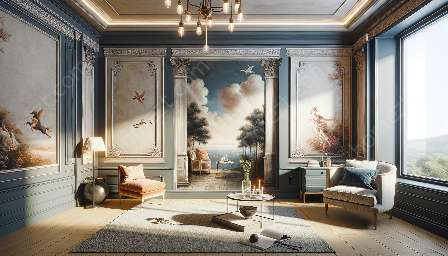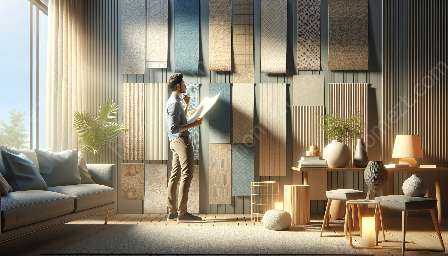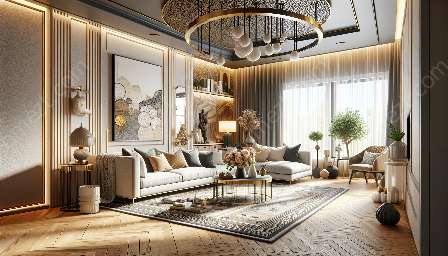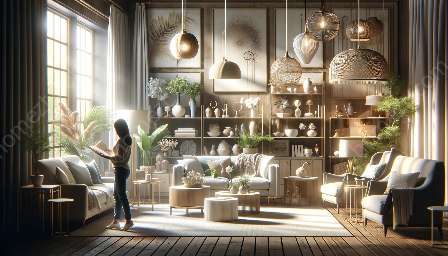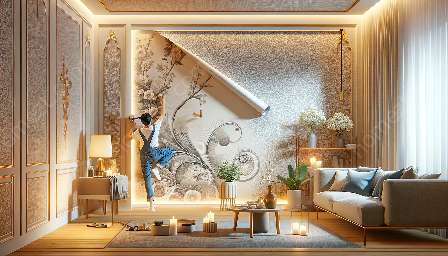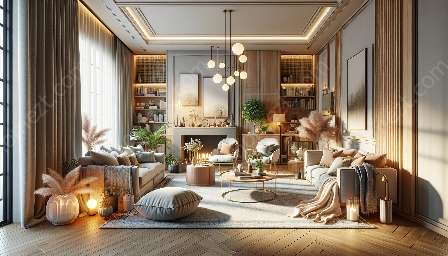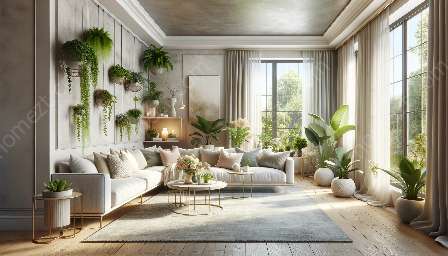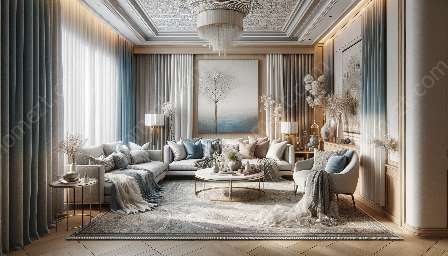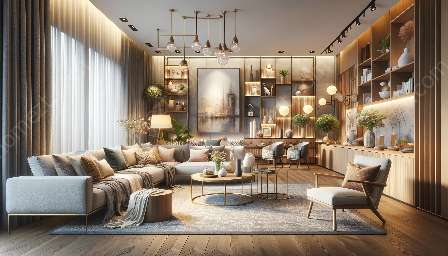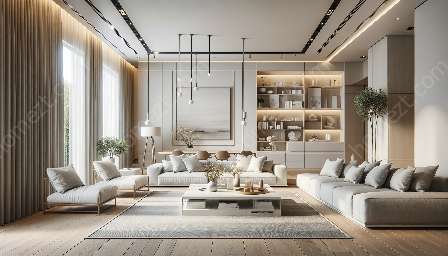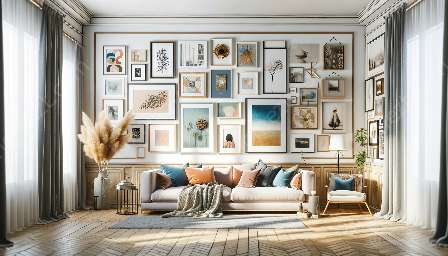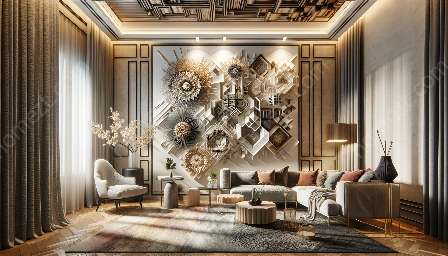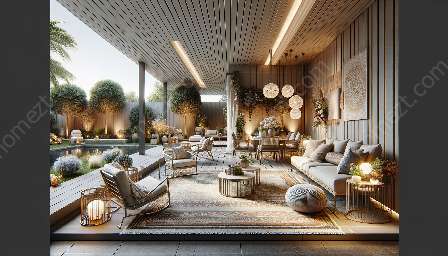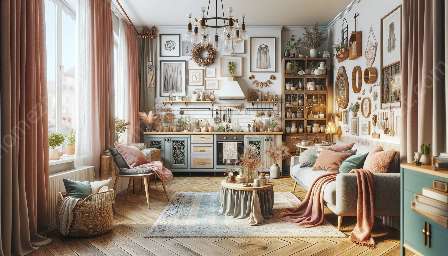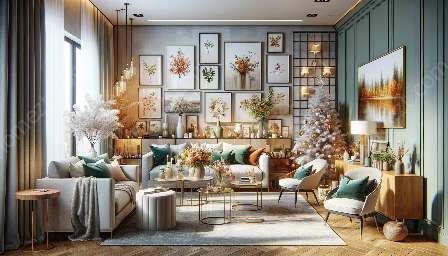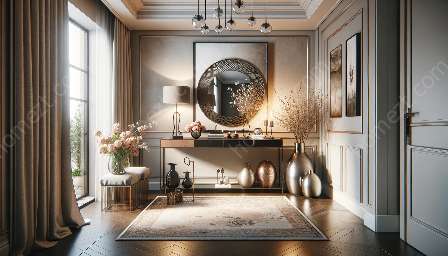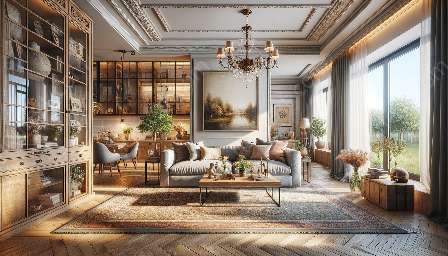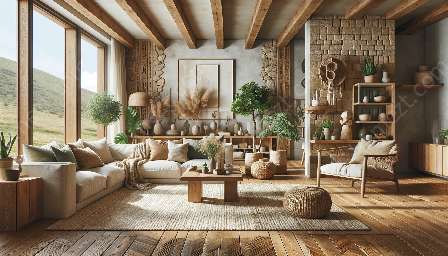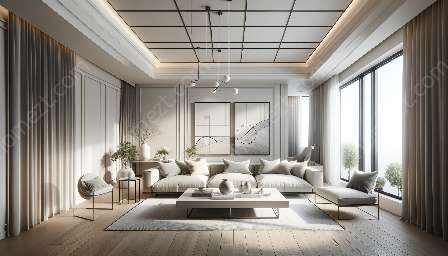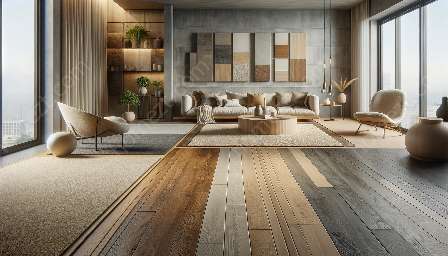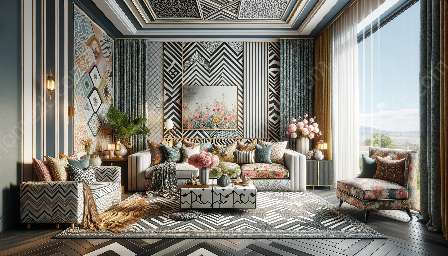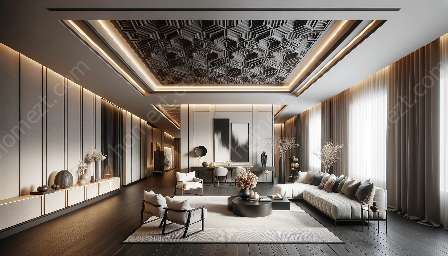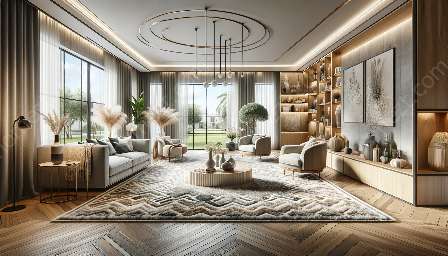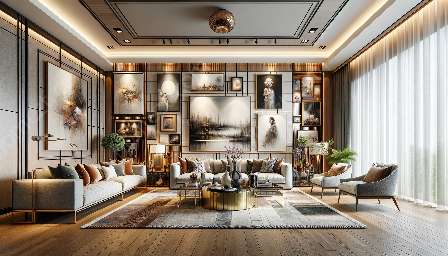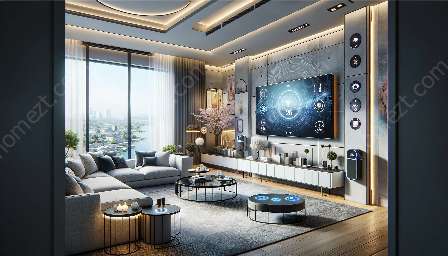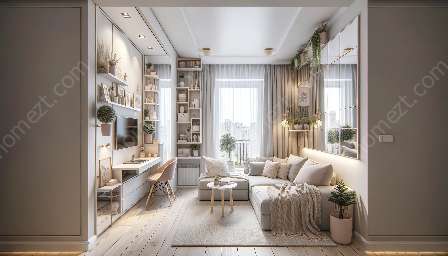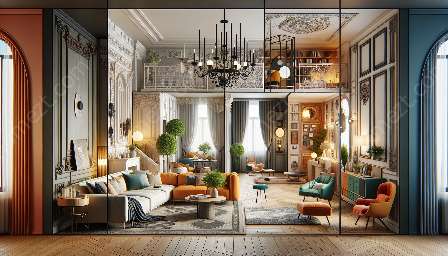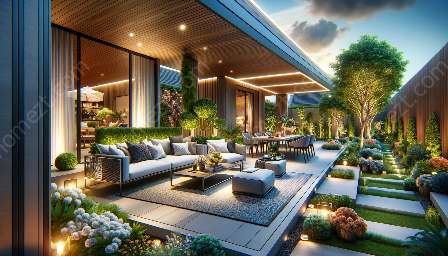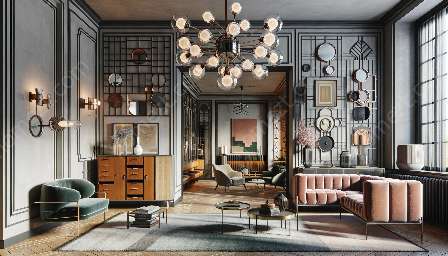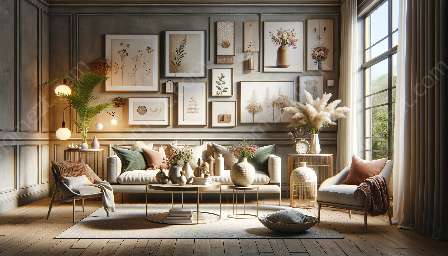Mirrors have long been celebrated for their symbolic meanings and significant contributions to interior design. The reflections they offer can enhance visual appeal and add depth to spaces, making them a valuable asset for decorating.
The Symbolic Meanings of Mirrors
Throughout history, mirrors have been associated with a wide range of symbolic meanings. From reflecting one's true self to representing introspection and self-discovery, the symbolic significance of mirrors is deeply rooted in various cultures and beliefs. In many societies, mirrors are regarded as portals to the soul, capable of revealing deeper truths about individuals and their surroundings.
Additionally, mirrors have often been linked to concepts of duality, balance, and transformation. Their ability to cast reflections and create illusions has led to their association with the notion of mirroring the present and projecting the future. This symbolism has made mirrors a compelling element in interior design, as they can imbue spaces with profound meaning and visual interest.
Mirrors in Interior Design: Enhancing Visual Appeal
When it comes to interior design, mirrors play a vital role in enhancing visual appeal. By strategically placing mirrors in a space, designers can amplify light, create the illusion of larger areas, and contribute to an overall sense of openness. Mirrors also have the power to reflect and emphasize existing décor, making them an indispensable tool for elevating the aesthetic appeal of any room.
Moreover, mirrors bring an element of dynamism to interior design by introducing complexity and dimension. They have the unique capability of visually expanding spaces, making them ideal for maximizing the perceived size of smaller rooms or creating a sense of grandeur in larger settings.
Using Mirrors for Visual Enhancement
Empowering visual enhancement through the use of mirrors involves thoughtful placement and consideration of their reflective qualities. By strategically incorporating mirrors into a design scheme, individuals can effectively manipulate and amplify natural and artificial light, creating an atmosphere that feels bright, inviting, and spacious. This approach allows mirrors to serve as active elements that contribute to the overall visual dynamics of a space.
Mirrors and Decoration: Adding Depth and Elegance
Decorating with mirrors presents an opportunity to add depth and elegance to any interior setting. Whether through the use of ornate frames or minimalist designs, mirrors can serve as decorative focal points that elevate the artistic and aesthetic value of a space. They have the unique capacity to reflect and juxtapose other decorative elements, creating visual intrigue and a sense of harmony within the environment.
The Impact of Mirrors on Space
Ultimately, the presence of mirrors can significantly impact the perception and ambiance of a space. Their reflective properties introduce an interplay of light, texture, and form that can transform the visual experience of any room. When employed thoughtfully, mirrors can open up spaces, establish focal points, and contribute to a captivating design narrative, making them invaluable tools for both interior designers and individuals seeking to enhance their living environments.

